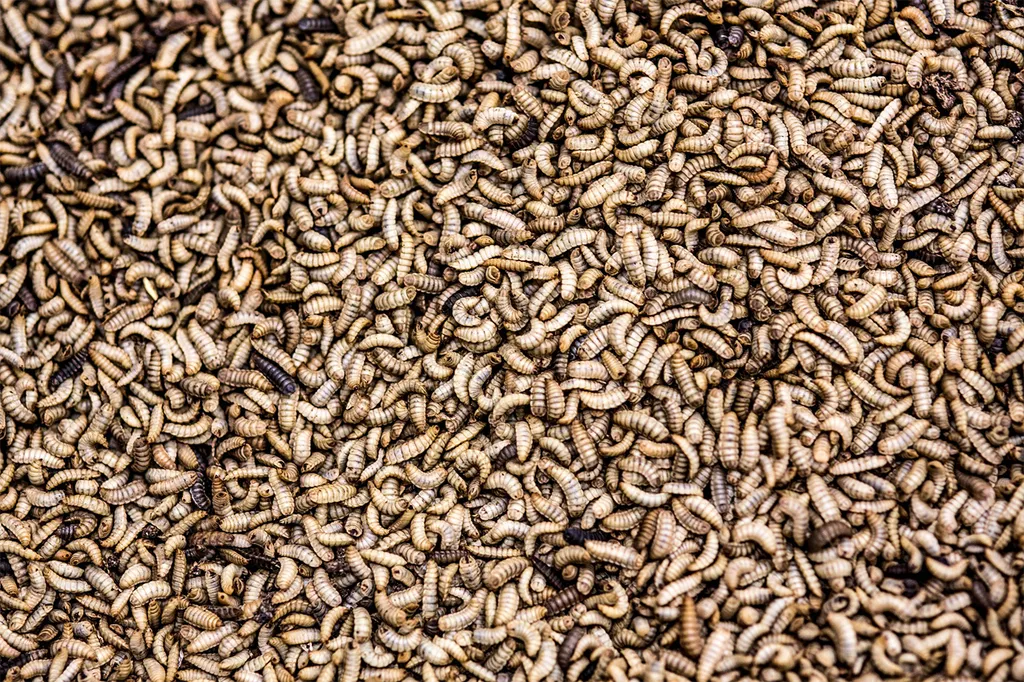In the quest for sustainable agriculture and efficient waste management, black soldier fly larvae (BSFL) have emerged as a promising solution. A recent study published in *Acta Technologica Agriculturae* sheds light on how heating pretreatment and drying temperatures can significantly impact the quality of dried BSFL, offering valuable insights for the agriculture and feed processing industries.
The research, led by Sriharti from the National Research and Innovation Agency in Indonesia, explored the effects of different pretreatment methods and drying temperatures on the physicochemical characteristics of dried BSFL. The study employed a factorial experimental design, combining two pretreatment methods—immersion in hot water (90–95 °C) and steaming—with three drying temperatures (42 °C, 50 °C, and 58 °C). This approach yielded six treatment groups, each analyzed for yield, color, moisture content, ash content, protein content, and lipid content.
The findings revealed that drying at 58 °C with hot water immersion pretreatment produced the most favorable results. This combination yielded the highest protein content (42.203% ±0.381%), the lowest moisture content (2.427% ±0.131%), and optimal levels of lipids (27.18% ±2.71%) and ash (14.833% ±1.81%), along with a yield of 25.437% ±0.150%. “These results demonstrate that the choice of pretreatment and drying temperature is crucial for enhancing the nutritional value and efficiency of dried BSFL,” Sriharti noted.
Principal component analysis (PCA) further illustrated the sample distribution pattern into three clusters, with a cumulative variance of 82.79% between PC1 and PC2. This statistical insight underscores the significance of pretreatment and temperature selection in determining the quality of dried BSFL.
The implications of this research are far-reaching for the agriculture sector. As the demand for sustainable and nutrient-rich feed ingredients grows, the optimization of BSFL processing techniques becomes increasingly important. “By fine-tuning these parameters, we can produce high-quality dried BSFL that not only reduces organic waste but also serves as a valuable supplemental feed ingredient,” Sriharti explained.
The study’s findings could pave the way for more efficient and cost-effective bioconversion processes, ultimately benefiting farmers and feed producers. As the agriculture industry continues to seek innovative solutions for waste management and sustainable practices, the insights from this research offer a promising path forward. With further exploration and application, the optimization of BSFL processing could become a cornerstone of sustainable agriculture and feed production.

